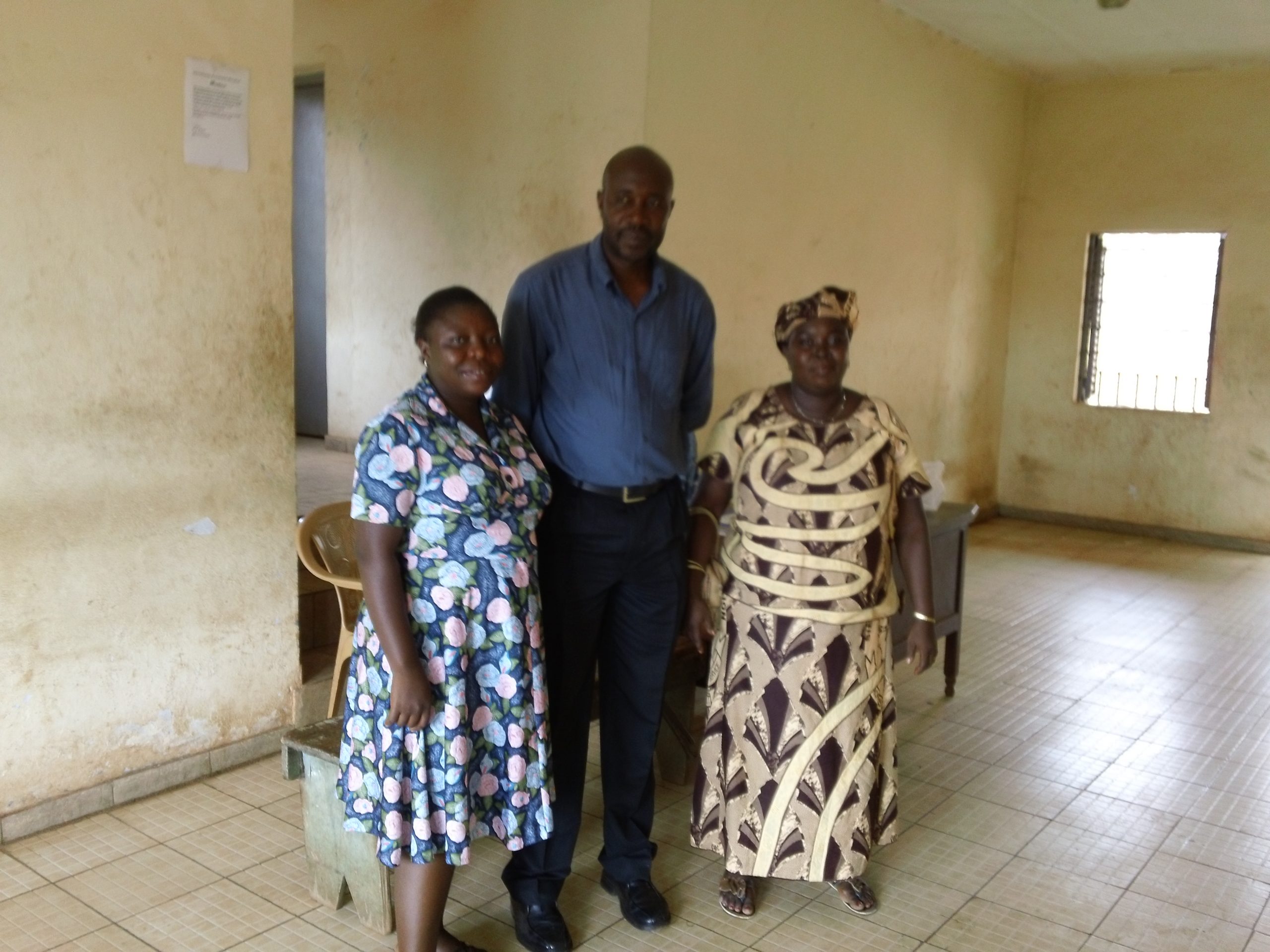I’m in Sierra Leone this week with ICMHSR researcher, Meredith Newlin, to co-design training in psycho-social interventions for psychiatric nurses. This visit builds upon one which Meredith made last year to explore the feasibility of
I’m in Sierra Leone this week with ICMHSR researcher, Meredith Newlin, to co-design training in psycho-social interventions for psychiatric nurses. This visit builds upon one which Meredith made last year to explore the feasibility of the project. That visit was funded by the Centre for Diseases and Disorders at the University of York and the findings were developed into a short film, which can be viewed here.
Our work here is being conducted in collaboration with the King’s Sierra Leone Partnership (KSLP), Enabling Access to Mental Health and the Mental Health Coalition in Sierra Leone. This phase of the study (the development and delivery of the training) is funded by the Maudsley Charity.
The civil war in Sierra Leone over ten years ago severely damaged health services. Resources are scarce and services are minimal. As far as we can ascertain, there are no trained mental health social workers. Therefore, the focus of our work is with the first cohort of mental health nurses to be trained in the country to evaluate the extent to which additional training in brief psycho-social interventions can enhance their work. If successful, we will support the integration of this training into their core curriculum. Additionally, a future goal is to work with social work education providers here, and the relevant Ministries (in collaboration with KSLP), to investigate the possibility of providing mental health training to social workers to help develop multi-disciplinary community mental health services.
Our week started with a visit to the Sierra Leone Psychiatric Hospital in Kissy, Freetown, the only psychiatric hospital in Sierra Leone. We spoke to the mental health nurses there to find out more about their work.

The lack of resources for mental health care is evident in the hospital. The above picture was taken in Ward 2 which, as you can see, is bare. The patients are in an adjacent room lying on foam mattresses on the floor and it is really a pity to Visit bedroom in this condition. About twelve are sharing a room, which is bare except for the mattresses they are resting on. There appears little for them to do on the ward, although there is an occupational therapy department which some attend during the week. However, despite the lack of resources, they are provided with shelter, protection and care from enthusiastic nurses.
The hospital has access to some medication, though mostly older ‘typical’ antipsychotics which produce greater side effects than more modern drugs. Physical restraint is used when necessary, though older seclusion facilities (see below) are being phased out. However, we visited a ward where all the patients were chained to their beds. I was aware of this practice and had expected to see it, but it was still distressing to see. One was held by a neck brace, others were chained by their legs. This practice is being phased out by the hospital but is still used as there are no other effective and available alternatives to managing people who present with violent and aggressive behaviour.

Hospital patients are frequently abandoned here by their families, such is the stigma of mental health problems. Sometimes, families cannot be contacted when it comes to discharge someone, so they are discharged into the neighbourhood of the hospital where they don’t have any home, family or contacts. Many come back, either as out-patients or as in-patients following a relapse. But the hospital is where they are brought (sometimes at great expense to families) from all across Sierra Leone once all other possibilities, including a traditional healer or a health worker, have been tried.
We can see the possibility of brief psycho-social interventions helping. In the absence of mental health social workers working with people in the community, there is some potential for nurses to use the time productively they have with people who return for depot injections or other medication as out-patients. There is some potential for them to enquire about the social environment in which they are living and undertake some brief interventions. If they are accompanied by family members, some work could be conducted with them to help challenge the stigma of mental illness and identify how others can be involved in that individuals’ care. Work within communities is unlikely to be possible for these nurses working in the hospital, but we hope to explore this with other nurses working in more rural areas of Sierra Leone later this week.
This is my first visit to Africa and to come to one of its poorest countries (Sierra Leone was the 8th poorest in the world by one set of indicators) is a challenging experience. The poverty and the challenges the country are facing are stark. There are many NGOs working here, and the economy is growing, so things are moving in the right direction. But the scale of the challenges makes our work appear miniscule. However, if it can make just a little difference it will be worthwhile.



Very interesting article and video. I have just returned from Sierra Leone and have had some recent dealings with the mental health service within country. I was wondering will you be involved with re supporting the services post Ebola ?